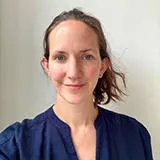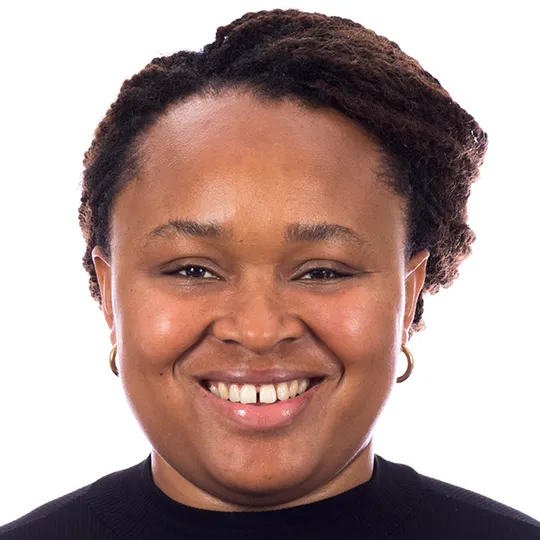Gender Equality Index UK

Visit the website
Read the research
Despite considerable progress over past decades, gender inequalities remain prevalent in the UK, shaping the lives of women and men. In addition, evidence suggests that socio-economic outcomes vary by local area. Tailored and effective policy intervention therefore requires an understanding of how women’s and men’s lives differ depending on where they live. Yet, to date, no comprehensive measure of gender inequalities exists at the local area level for all four UK nations.
To address this gap, the King's Global Institute for Women's Leadership (GIWL) has developed the UK Gender Equality Index with funding from Lloyds Banking Group. The first of its kind, the index offers an innovative tool for measuring, mapping, and monitoring gender inequalities across the 372 local authorities across England, Scotland, Wales, and Northern Ireland.
The UK Gender Equality Index makes use of the rich UK data landscape, combining existing datasets to measure outcomes in six domains of women’s and men’s lives: Paid Work, Unpaid Work, Money, Education, Health, and Power & Participation. The evidence provided will aid advocacy, research, and policy intervention in pursuit of greater equality and higher quality of life for all.
Key findings
- No local authority in the UK has achieved full gender equality.
- Gender equality is lowest in areas where both women and men are falling behind.
- Gender equality is greatest in London and the North West, but it is not all good news.
- Gender equality is not a zero sum game – it flourishes where both women and men do well.
- Four distinct types of gender equality exist across the UK: from ‘Prime parity’ and ‘Equal erosion’ to ‘Partial progress’ and ‘Deep disparities’.
- Gender inequalities are especially large in the domain of Unpaid Work and Power & Participation.
- Gender equality is associated with greater productivity and economic activity, but not with levels of deprivation.
- Great divergence in socioeconomic outcomes confirms the North-South divide.
Research team
From the King's Global Institute for Women's Leadership, Dr Caitlin Schmid (Research Fellow) is leading the project in collaboration with Dr Chimdimma Onah (Research Associate) and Dr Minna Cowper-Coles (Research Fellow). Dr Rose Cook (Senior Research Fellow) and Prof Rosie Campbell (Director) are advisors to the project.
External project partners include Prof Anne Laure Humbert (Professor of Gender and Statistics, Oxford Brookes University), Dr Victor Sojo (Senior Lecturer in Leadership, University of Melbourne) and Jonathan Rankin (Visiting Research Fellow at GIWL and Head of Data at MyTutor).
Advisory Board
- Zaimal Azad – Policy lead, Nottingham Women’s Centre
- Mark Elliot – Professor of Data Science, Cathie Marsh Institute, University of Manchester
- Viginta Ivaškaitė-Tamošiūnė – International Gender Equality Index Expert
- Iñaki Permanyer – Professor at the Centre d’Estudis Demogràfics, Catalan Institution for Research and Advanced Studies
- Jill Rubery – Professor of Comparative Employment Systems, Work and Equalities Institute, University of Manchester
- Mary-Ann Stephenson – Director, Women’s Budget Group
- Emma Thackray – Research and Projects Officer, Women’s Budget Group
- Lizzie Ville – Senior Policy and Research Officer, Fawcett Society
- Paul Williamson – Equality Hub, Cabinet Office



